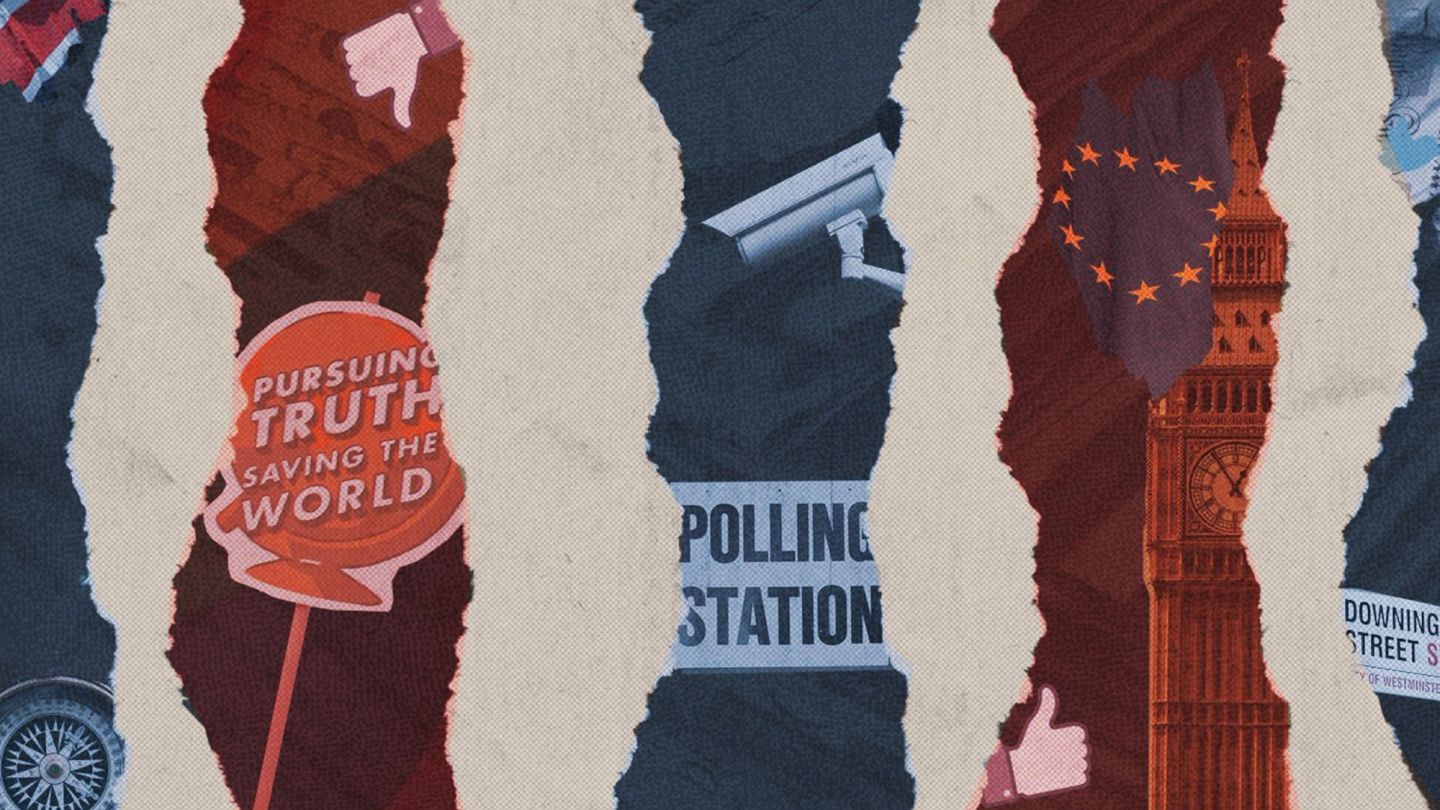

The Week in Westminster: More election promises and an MP exodus
Your need-to-know guide to this week's UK political happenings
Words: Zoe Dickens
The General Election 2019 is now less than a month away and, after, last week’s campaign launches, the major political parties have spent this week revealing more election promises while tearing down their rivals’ efforts to do the same. It’s also become clear that, whoever wins the election, the next cohort in the Palace of Westminster is going to look decidedly different, as swathes of MPs announced they won’t be standing for re-election this week. Here’s everything you need to know…
Promises, promises...
Last week we outlined where all the major parties stood on the big issues of Brexit, tax and spending but, with an election this hotly contested, the promises don’t end there. Both Labour and Conservative parties got ahead of the race by using Sunday’s Armistice Day as an opportunity to make pledges around the military.
Labour promised an increase in wages, better housing, a new representative body for military personnel, improved access to schools and to end privatisation within the military. Tories, meanwhile, pledged to increase childcare, offer a new military railcard, guarantee interviews in the private sector for veterans and give businesses employing ex-service people a year of exemption from National Insurance contributions.
Immigration has also been on the agenda this week – well, kind of. In an issue that has become so emotional and, in many cases, misunderstood, both Labour and the Conservatives have wisely (or cowardly) refused to put a solid target on immigration numbers. The Tories promised to reduce net immigration but quite clearly backtracked on Cameron’s failed promise to reduce numbers to the tens of thousands. Labour, meanwhile, refused to put an ‘arbitrary’ number on immigration but said they hoped to make it easier for migrants to bring their families to the UK and for British workers to work across Europe.
Elsewhere, Labour promised to provide free broadband for everyone in the UK by semi-privatising BT as well as a £10 minimum wage for workers aged over 16 (a pledge countered by the Tories with a more modest £10.50 for everyone aged over 25). Conservatives, on the other hand, have said they will expand the £3.6bn fund for neglected communities they announced in July, with the money to be spent on improving rail links and slowing the closure of pubs and post offices. It should be noted, however, that a third of the towns set to receive this money are not among the UK’s most deprived 300 and that many are in areas the Tory party is keen to keep hold of in the election.
Knives out...
With modern politics so polarised, ripping apart your opponents’ policies has become as much a part of the job as actually coming up with sensible ones yourself – and no-one is holding back. Savid Javid kicked things off by claiming that Labour’s spending package would cost £1.2 trillion (neither party has yet released full election manifestos or costing).
The charge was roundly dismissed by Labour as ‘fake news’ with analysis showing one of the most expensive pledges – the re-nationalisation of energy and other industries – had been counted twice. Javid was then accused of ‘running scared’ when he pulled out of an economic debate with Labour, Lib Dems and the SNP scheduled for this weekend, while his colleague Treasury minister Rishi Sunak was openly laughed at by a live audience when failing to produce an estimate for the Tory spending package during a radio interview.
There were further questionable statistics from the Conservative party this week. Boris Johnson once again claimed that, for every month Brexit is delayed, it costs the UK £1bn (the actual figure is closer to £750m and the UK would pay this regardless of whether Brexit is delayed or not). Later in the week Priti Patel claimed immigration would treble to 840,000 under Labour – before the party had even announced its policies – prompting Diane Abbott to call the claim ‘more fake news from the conservative party’s make-believe research department’.
Of course, the attacks aren’t just coming from those inside the Palace of Westminster. Labour managed to hold its own against two ‘sophisticated’ cyberattacks at the start of the week while Boris Johnson had a little more trouble staying calm in the face of heckling from the public when he visited flood-hit towns in Yorkshire. The call was coming from inside the house for the Tories as peer Lady Warsi condemned the party for failing to tackle Islamophobia within its ranks and former Tory MP Dominic Grieve made pointed remarks abut Johnson’s refusal to publish the report into Russian interference in the referendum.
Meanwhile, Labour’s anti-semitism scandal rumbled on with high profile names, including Joanna Lumley, John Le Carré and Simon Callow, publishing an open letter saying they could not vote for the party in its current form.
All change...
Clearly a thick skin comes as a prerequisite for modern MPs – which may explain why more than 70 have so far announced they will not stand for re-election. For some, like Labour MP Keith Vaz (currently suspended for expressing willingness to buy cocaine for prostitutes) this comes amid scandal. Many, however, have said openly that they can no longer stand the abuse they receive. The problem appears especially pronounced in the Conservative party where one in six women elected in 2017, including Nicky Morgan and Amber Rudd, are standing down along with a large number of more moderate figures.
This has, however, made the way for some unexpected candidates. Katy Griffiths – the estranged wife of the disgraced Tory MP, Andrew Griffiths, who was forced to resign after sending 2000 sexually explicit messages to two female constituents – will stand in his former seat on a platform fighting domestic abuse. Jacob Rees-Mogg’s niece, meanwhile, will stand in Stafford and Count Binface (formerly Lord Buckethead aka comedian Jon Harvey) will stand against Boris Johnson after gaining 249 votes when he ran against Theresa May in 2017.
MVMP: Nigel Farage – unexpected, we know, but he’s said he ‘very much doubts’ he’ll vote which can only be good news.
Quote of the week: “I get very frustrated about the cost of football, the cost of going to matches, the cost of season tickets and the way in which working-class communities are almost priced out of it, particularly in the Premier League clubs” – Jeremy Corbyn advocates for lower priced season tickets and more spending on grassroots football. We’re on board.
Want more politics? Here are the questions you’ve always wanted to ask a Westminster insider…


